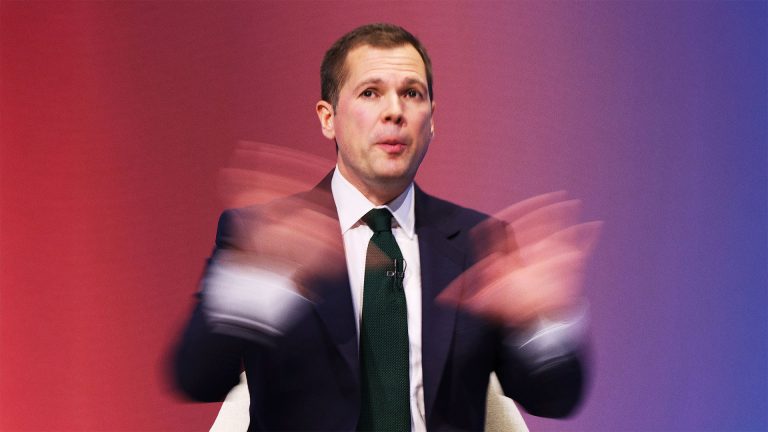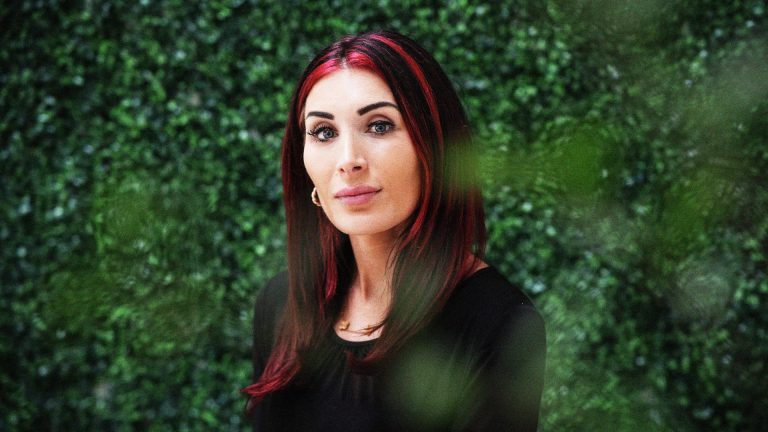Twitter used to be a social media platform. But Elon Musk, who owns the website and who also happens to be Donald Trump’s closest ally and will serve in his government, has used his ownership of the platform to turn it into something else.
Twitter has become a tool of US foreign policy. Musk has made this change by using the platform he owns as a lever to break into the politics of other countries.
He targeted the UK in a very straightforward way. First, Musk dangled the possibility of a $100m political donation in front of Nigel Farage, and having got Britain’s attention, he started putting out messages to his 200m Twitter followers about northern rape gangs, alleging that there had been a politically-motivated establishment cover-up.
The whole balance of the British political conversation was pulled off-kilter by this claim, which happens to be completely untrue. But the Conservatives and Reform, along with their media supporters, are angrily supportive of Musk’s false allegations, and have promoted them for their own ends.
In this way Musk, a core member of the forthcoming Trump administration, has used social media to insert himself into British politics. His intervention has increased the degree of social and political division in the UK, and led to a deluge of online disinformation. This is aggressive foreign policy by social media.
Musk has taken a similar approach in Germany, using his platform to boost the profile of the AfD, the extreme German nationalist, hard right party, which over the years has been the focus of a slew of Nazi-related controversies.
In a recent interview with the AfD’s co-leader Alice Weidel, which was broadcast on Twitter, Musk said: “I am strongly recommending that the people of Germany vote for AfD.” He then remarked: “Only the AfD can save Germany.”
In a recent comment, Weidel claimed “Hitler was a communist. He considered himself as a socialist”. Musk’s reply on Twitter was “true”. It is hard to imagine a more divisive and distressing intervention in German politics.
Why Musk is doing this is uncertain. Perhaps he is simply a right wing extremist who wants to promote people across Europe who share his views. Perhaps he wants to cause division in nations that might try to influence or impede or even derail Trump’s foreign policy agenda, whatever that might be.
This is all conjecture – we know two things: first, in Musk’s hands, social media has become a means by which powerful figures in US politics can interfere directly in the affairs of other nations; and second, this is not the act of an ally.
Mark Zuckerberg, the founder of Facebook, has also been doing his bit to Trumpify the social media platforms he controls, and the changes he announced in a recent video are, if anything, even more insidious than Musk’s much more overt activity.
Zuckerberg has decided to get rid of the fact-checkers on his websites. They will, he informed his viewers, be replaced by a system of “community notes”, the same system that’s currently used on Twitter.
Zuckerberg argued that, because human fact-checkers are inevitably biased, their removal from Facebook’s set-up would increase free speech. The outcome of this, as Zuckerberg conceded, would be that a greater amount of false and misleading information will become available online. But, in his view, the gain in free speech was enough justification to go ahead.
The changes Zuckerberg plans will have global political consequences. Voters vote based on what they know. But if what people “know” happens to be false, then one of the main supporting pillars of democracy falls away.
While Musk has interfered in the politics of Britain and Germany, Zuckerberg’s change will affect the politics of every country where people use Facebook and Instagram, and that’s pretty much everywhere. The level of disinformation will go up – globally.
In their different ways, both Musk and Zuckerberg control social media networks that are engines of political decay, social antagonism and disinformation. These platforms are being used as tools of the new Trumpian foreign policy.
And they are pointing at us. At you. Right now.











